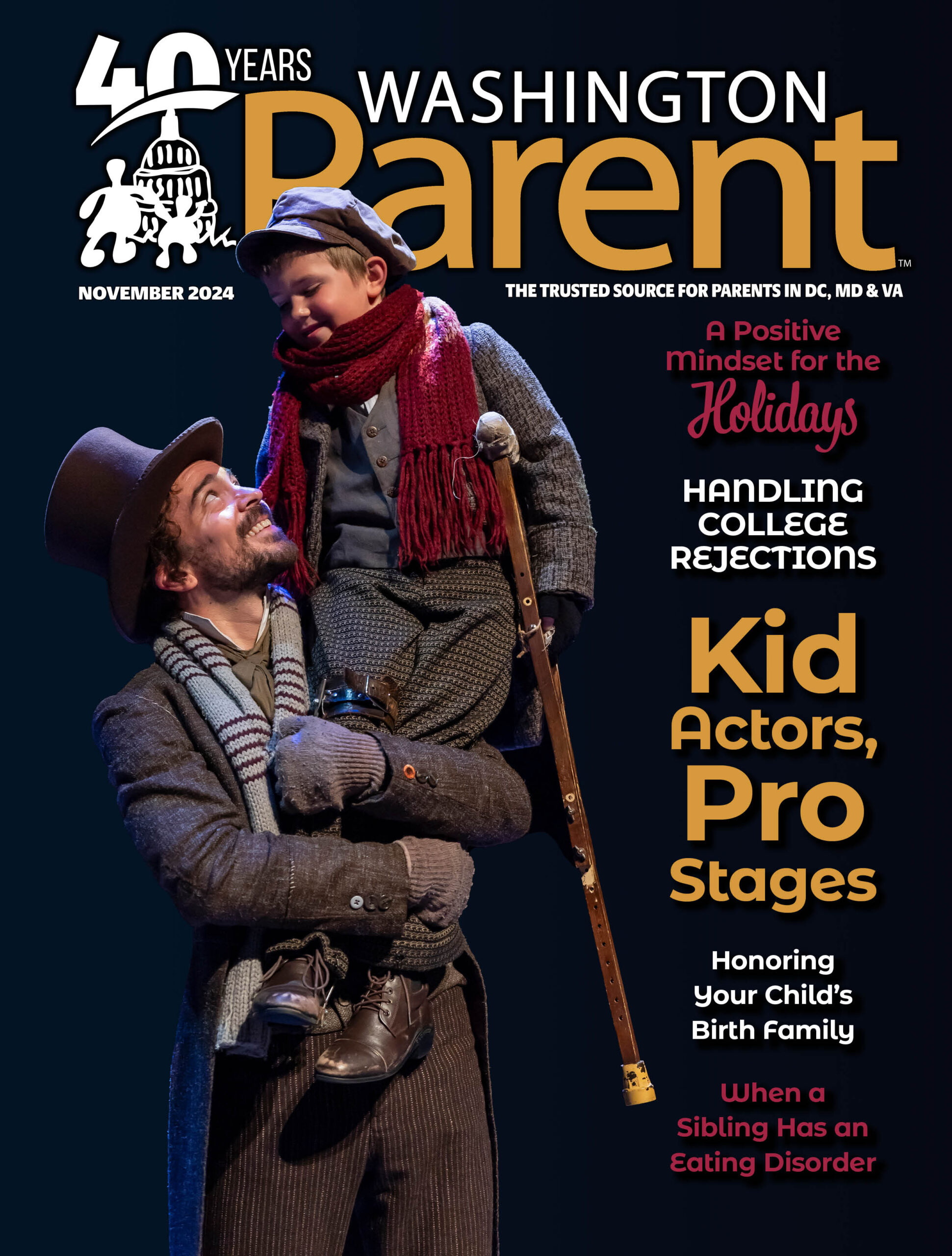Parents living in the metropolitan area of Washington, D.C. have great
access to scores of culturally-rich and rewarding opportunities for
children to attend summer camps. In today’s instant access to information
with our electronic devices, it is fairly easy for parents to quickly
research summer camps. However, parents can still benefit by honing in on
their research and using some clever strategies to pick the best camp
opportunities for their children.
- Know Your Child! – This one is obvious, but bears repeating. You know
your child best. Try to focus on his or her personal interests and choose
summer camps that your child will enjoy and want to attend. It is perfectly
fine for parents to experiment and send their children to a summer camp
that interests them personally, but parents risk losing money and most
importantly, having an unhappy child attending a camp he or she may not
like. - Know Your Location and Stick With It – If you live in Virginia, are you
willing to travel within the boundaries of D.C. to drop off and pick up
your child every single day for a week or longer? Do you prefer to stay
within a 30-minute radius of your home? Consider your commute and the
duration of the camp to help you determine if the distance makes a summer
camp opportunity worthwhile. - Know the Usual Stuff, but Know That Exotic Opportunities Await – It is
pretty common knowledge that there will be plenty of summer camps in
sports, arts and crafts and performing arts. It is far less common to know
that there is an exciting underground of unusual, exotic, diverse summer
camps that may interest your child as well. A few examples of the exotic
include religious and faith-based bible schools or non-denominational
missions for older students, foreign language immersion camps, social
manners and tea camps for both genders, songwriting camps, science-based
and astronomy camps and leadership camps for older students. - Know the Costs and Set Aside a Realistic Budget – Though summer camps
abound, they often come with substantial price tags. There is no standard
one-size-fits-all measurement for how much summer camps typically cost in
the metropolitan D.C. area, but it is a great idea to set aside a realistic
family budget that includes the cost of the camp itself, materials or
special clothing, if needed, plus commuting, gas or tolls. Faith-based
bible schools generally cost on the low end of the summer camp spectrum,
ranging from free to $75 for a one-week experience. The week-long RecPac
summer camps offered by Fairfax County Parks Authority are slightly higher
in costs, ranging from $110 – $250 per week. Other summer camps from
well-known names such as the Smithsonian start their summer camp prices at
$250 and may cost as much as $350 – $400 per week. The truly exclusive
summer camps (and the lesser-known camps) that focus on leadership or offer
out-of-state experiences may start at $500 per week, may include
room-and-board options and may cost as much as $1,500 for a one-week
experience. Before diving into your research, it is a smart idea to know
how much money you want to spend on summer camps in order to save yourself
and your child disappointments. - Know it’s for Fun and Will not Help a Child get Into a Top College –
This point is important and not discussed enough in parenting circles. Many
parents tend to be super competitive when it comes to camp selection and
placement. Savvy parents know there is a wait list and an early-bird
deadline for popular summer camps, and they are willing to pay extra money
to get those opportunities for their children. A more relaxed and likely
more favorable approach for you and your children is understanding that
summer camps are meant to be a fun, easygoing, relaxing activity as a break
between the end of the school year and the beginning of the next year. New
friendships are ready to be made. Slime and messy arts and crafts are sure
to stain clothes. There might be some innocent sunburn or good-natured
bruises after rounds of soccer or volleyball. Kids will come home from
summer camp exhausted and happy. That is what counts. Instead of focusing
on your perception of “top” camps or lucrative summer camps as critical
enrichment and learning for children, parents should try to enjoy the
process a little more by letting go of stringent expectations and
requirements for what “the best” summer camp experience should be, and
being satisfied and content with lesser-known or less-popular summer camps.
By following these top five research strategies, parents and children will
go into the summer camp experience better prepared for the joy and fun that
lies ahead.


